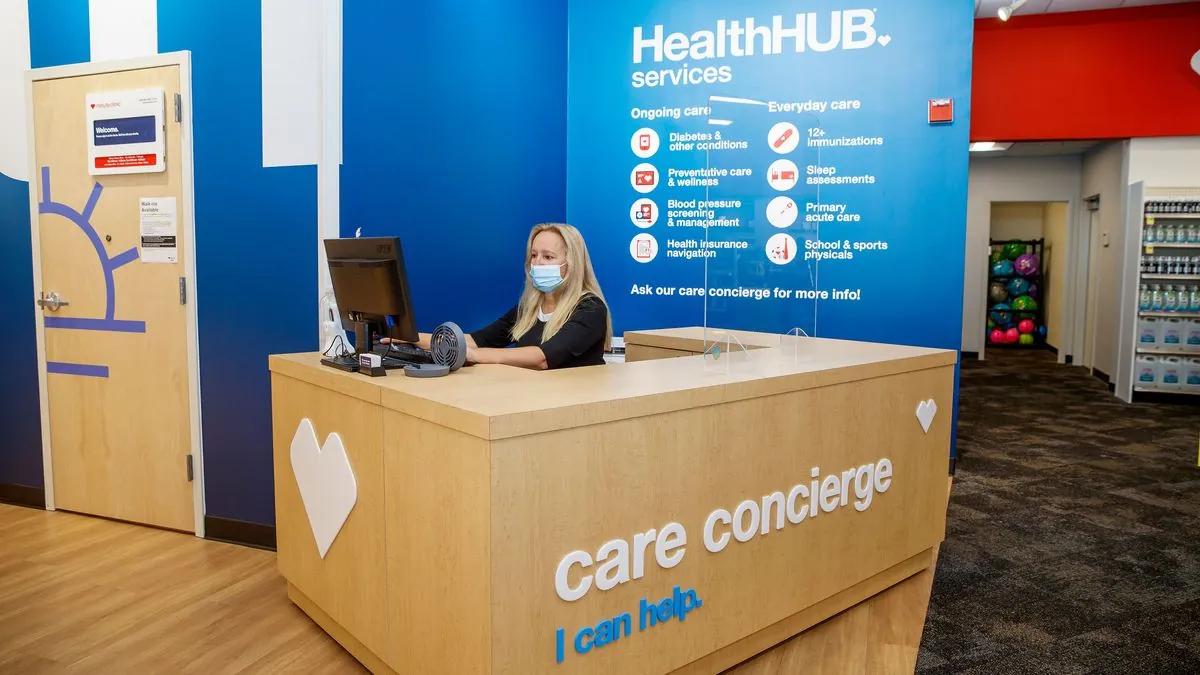CVS Health Mulls Separation of Retail and Insurance Divisions
CVS Health explores potential split of retail and insurance units amid investor pressure. The healthcare giant faces challenges with lowered earnings outlook and underperforming shares in a complex market landscape.

CVS Health, a prominent healthcare services company, is contemplating a significant restructuring that could result in the separation of its retail and insurance divisions. This strategic move comes as the company, founded in 1963, grapples with investor pressure and a challenging market environment.
The potential split, which would effectively reverse the landmark $70 billion acquisition of Aetna in 2017, is currently under discussion with financial advisers and the company's board of directors. This development occurs against a backdrop of declining share prices and lowered earnings forecasts for CVS Health.
In August 2023, the company reduced its annual profit forecast to $6.40 to $6.65 per share, down from the previous projection of at least $7.00 per share. This adjustment has intensified scrutiny from investors, including Glenview Capital, which is advocating for operational improvements.
The healthcare giant, which operates over 9,000 retail locations across the United States, is exploring various options to enhance shareholder value. One key consideration is the placement of its pharmacy benefits manager unit, which serves over 100 million plan members, within the potential new structure.
CVS Health's challenges are not unique in the healthcare sector. Other major insurers, such as UnitedHealth Group and Humana, have also reported increased medical costs. This industry-wide trend has contributed to the complex landscape CVS Health must navigate.
The company's shares have experienced a significant decline, losing nearly a quarter of their value in 2023, in stark contrast to the S&P 500's 21% gain during the same period. This underperformance has placed additional pressure on CVS Health to explore strategic alternatives.

CVS Health's journey has been marked by significant acquisitions and innovations. The company acquired Caremark, a pharmacy benefits manager, in 2007, and introduced MinuteClinic in 2000, pioneering the concept of retail health clinics. More recently, CVS Health has expanded into long-term care pharmacy services and digital health solutions, including telemedicine.
Despite these advancements, analysts have identified the retail pharmacy stores as a potential long-term weakness for the company. This assessment has fueled discussions about the need for substantial expansion of healthcare services within these locations or other strategic changes.
As CVS Health contemplates its future direction, the company remains a significant player in the healthcare industry. Ranked 4th on the Fortune 500 list as of 2023, CVS Health employs over 300,000 people and has played a crucial role in COVID-19 testing and vaccination efforts across the United States.
The outcome of these strategic discussions will likely have far-reaching implications for CVS Health, its shareholders, and the broader healthcare landscape. As the company explores its options, it continues to focus on delivering high-quality healthcare products and services through its integrated model.
"CVS's management team and Board of Directors are continually exploring ways to create shareholder value. We remain focused on driving performance and delivering high quality healthcare products and services enabled by our unmatched scale and integrated model."
This potential restructuring represents a critical juncture for CVS Health as it seeks to adapt to evolving market conditions and meet the expectations of its investors and customers alike.


































